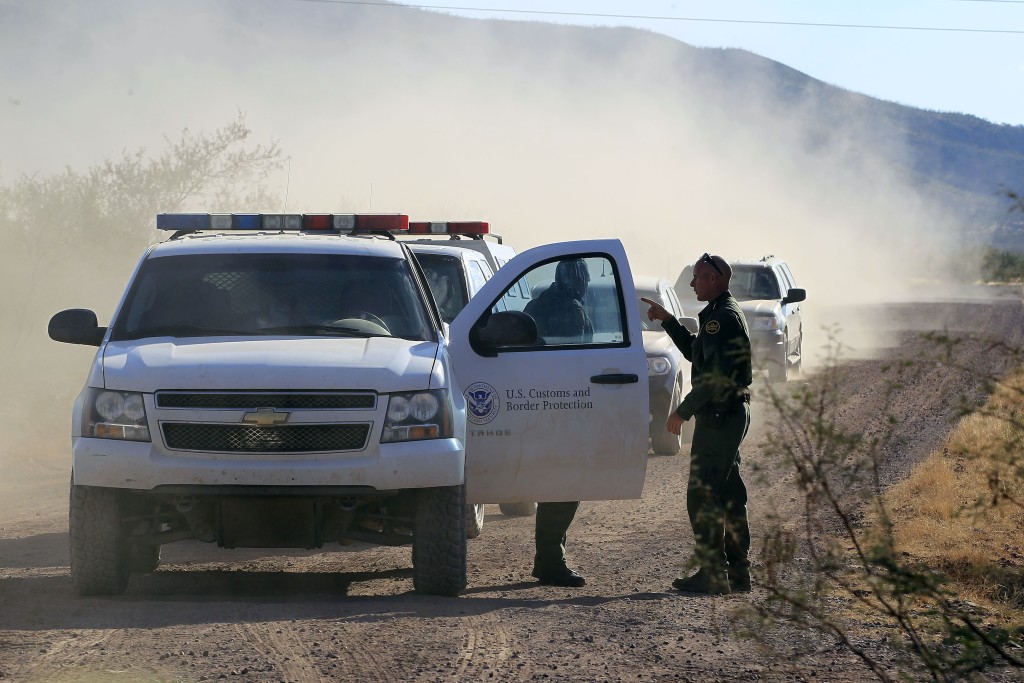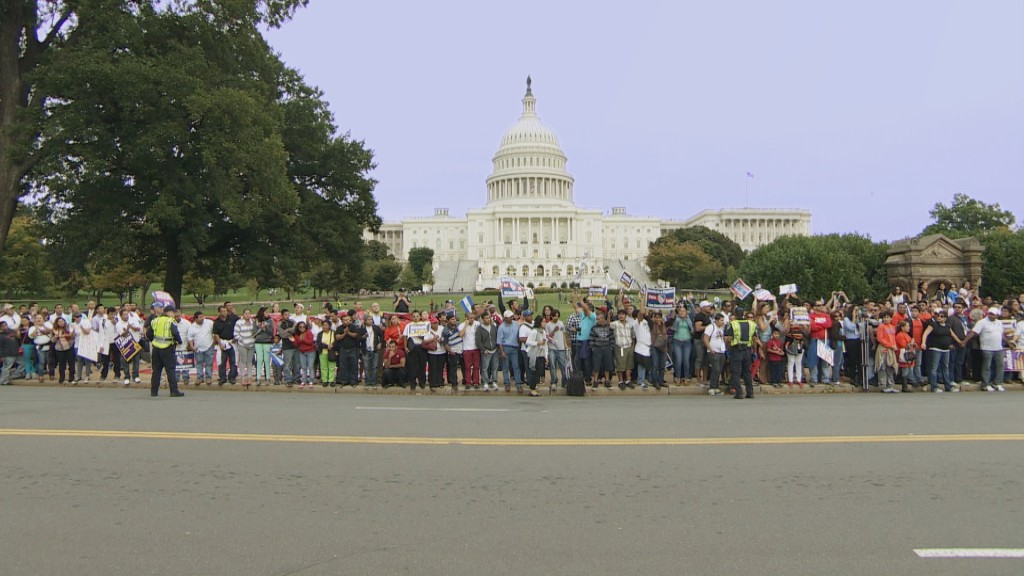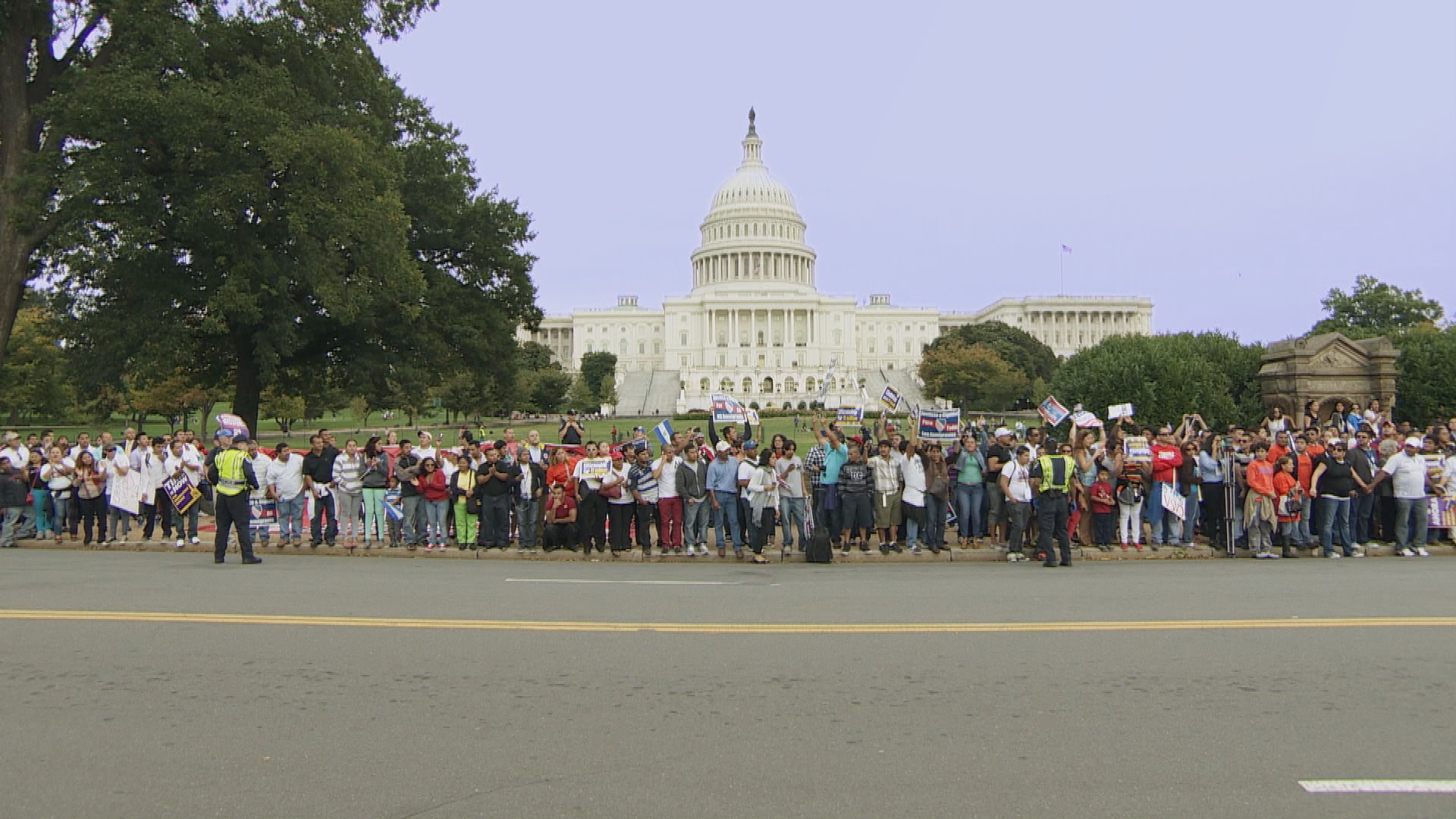Border Patrol Accused of Ongoing Abuses in Arizona

October 10, 2013
Share
The ACLU has filed an administrative complaint with the Department of Homeland Security expressing “serious concerns” about abuses committed by Border Patrol agents during what are known as “roving patrol” stops in southern Arizona.
Border Patrol agents have pulled over Arizona residents, often U.S. citizens, and unlawfully searched their vehicles, used excessive force and engaged in other misconduct, including at least one reported incident of sexual abuse, according to incidents documented by the ACLU.
The allegations come just weeks after the Border Patrol settled a lawsuit in Washington state with human rights groups over the practice of roving patrols. The ACLU and the Northwest Immigrant Rights Project claimed in the suit that agents were stopping drivers and interrogating them for no apparent basis other than their skin color.
In settling the suit, the Border Patrol agreed to train agents on the Fourth Amendment’s provisions against unreasonable search and seizure, adhere to the Homeland Security department’s guidelines on considering race or ethnicity on the job, and report all stops made in the area for the next 18 months.
The new complaint in Tuscon covers only a few of a series of complaints that the local ACLU office has received since it opened four months earlier, said James Lyall, the office’s staff attorney. Among them: A U.S. citizen who was stopped by agents as she drove her children home from school. When she asked the reason for the stop, she said the agent threatened to shock her with a Taser, searched her car and then left her with a flat tire on the side of the road. Another citizen alleged that agents pulled her from her car without explanation, and handcuffed and groped her.
“Unlawful roving patrol stops by Border Patrol are a longstanding problem,” Lyall said. “The picture that emerges from these incidents and years of litigation is of pervasive abuse and a systemic failure of oversight and accountability at all levels of CBP.”
Because of the shutdown, a spokeswoman for the Border Patrol didn’t respond to a request for comment, and a phone call and email to the Department of Homeland Security went unanswered.
In response to a previous query from FRONTLINE about the Border Patrol’s use of force, a spokeswoman for Customs and Border Protection said the agency is “committed to ensuring that the use of force by our agents and officers, who put their lives on the line every day, is appropriate and consistent with applicable laws, agency standards and procedures.”
In recent years, the Border Patrol’s staff has increased significantly, nearly doubling since 2006 to more than 21,000 agents, making it the nation’s largest law enforcement agency. Human-rights groups and members of Congress have expressed concern that these new agents may not have received sufficient training or experience, which they say may be leading to abuse.
The Border Patrol has acknowledged shortcomings in its training, and said recently that it would update its use-of-force policy and improve its basic-training curriculum. But it’s been relatively silent on the question of accountability for agents who are found to have abused their power.
The ACLU said it submitted the complaint to the Department of Homeland Security’s inspector general, as well as its Office for Civil Rights and Civil Liberties, asking that the department investigate individual allegations, and the broader policy of roving patrol to ensure the policy is constitutional and avoids racial profiling.

Related Documentaries
Latest Documentaries
Related Stories
Related Stories
Explore
Policies
Teacher Center
Funding for FRONTLINE is provided through the support of PBS viewers and by the Corporation for Public Broadcasting, with major support from Ford Foundation. Additional funding is provided the Abrams Foundation, Park Foundation, John D. and Catherine T. MacArthur Foundation, Heising-Simons Foundation, and the FRONTLINE Trust, with major support from Jon and Jo Ann Hagler on behalf of the Jon L. Hagler Foundation, and additional support from Koo and Patricia Yuen. FRONTLINE is a registered trademark of WGBH Educational Foundation. Web Site Copyright ©1995-2025 WGBH Educational Foundation. PBS is a 501(c)(3) not-for-profit organization.





















